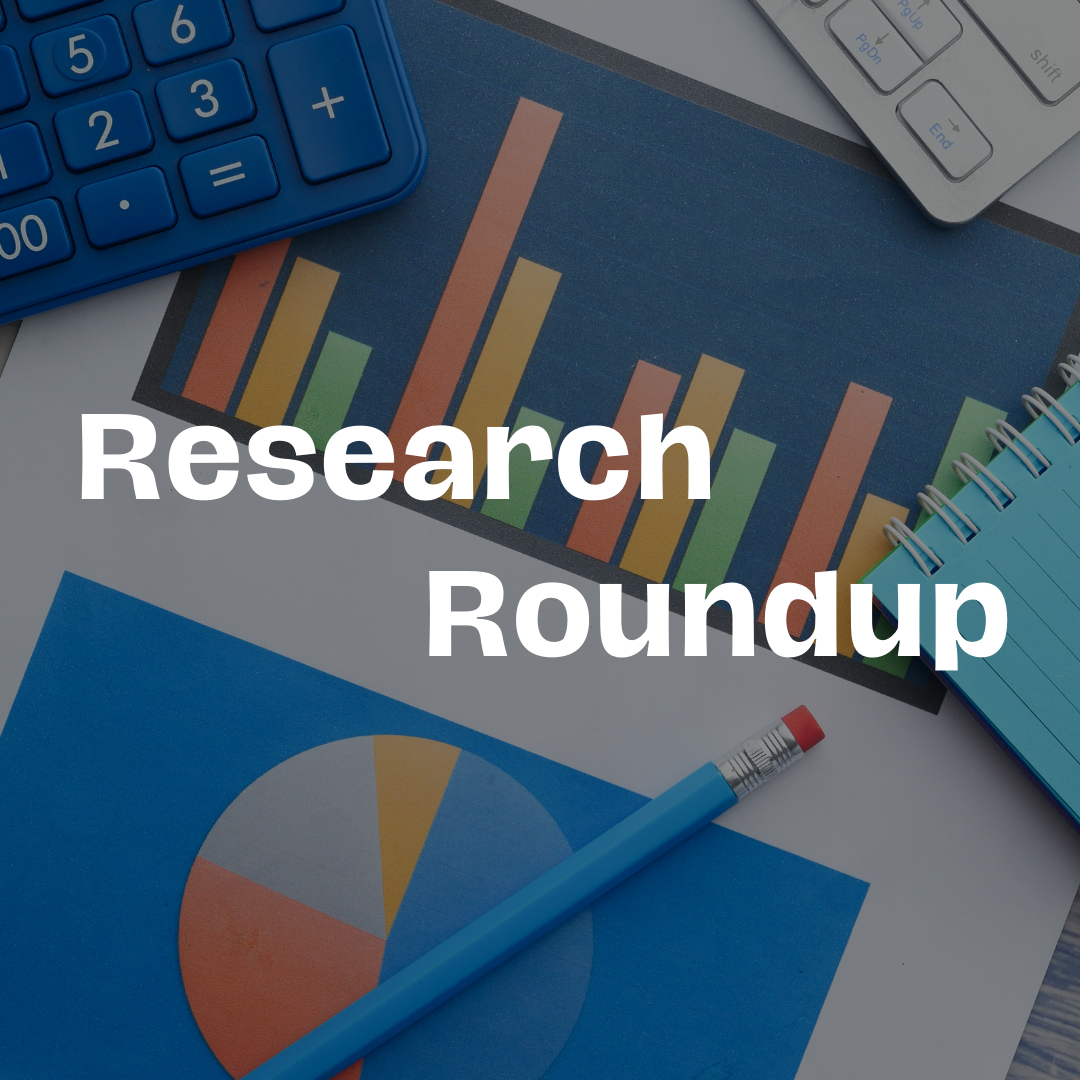Q3-2024 Research Roundup

Title: The I-SPY 2.2 TRIAL: Evolving to Imaging and Molecular Biomarker Response Directed Adaptive Sequential Treatment to Optimize Breast Cancer Outcomes
Period: 2023–2028
Funding Agency: National Institutes of Health
PI: L. Esserman, University of California, San Francisco
Description: ISPY-2 is a long-running phase II platform trial in locally advanced breast cancer that generates evidence on the efficacy of new neoadjuvant therapies within subtypes of the disease. The goal of this project is to orchestrate the evolution of the existing I-SPY 2 Trial into an innovative sequential multiple assignment randomization trial (SMART) in which patients who do not respond to an initial subtype-specific novel agent are re-randomized to receive an existing agent. The goal is a design that maximizes both clinical impact and knowledge generation while closely reflecting the realities of current clinical practice. My role is to develop new methodology for response-adaptive randomization within the SMART and provide statistical leadership for the design and analysis.
Title: Development and Application of New Ionization Methods for Biological Mass Spectrometry (PI Muddiman).
Period: 2022-2026
Funding Agency: National Institutes of Health
Role: Co-Investigator
Description: The major goals of this project are to fundamentally understand, define, develop and apply a novel ionization source for direct analysis of mass spectrometry imaging to biomedical problems.
Title:: A gut-brain interaction controlling reward learning
Period: 07/22–06/27
Amount: $1,898,550
Funding agency: National Institutes of Health
Role: Co-Investigator
Description: Eating, or the pursuit of nutrients, is fundamental for survival, and previous work has demonstrated that striatal dopamine (DA) is a critical component of the neurobiological systems that support this behavior. This project aims to: 1) Identify the ensembles of midbrain neurons recruited by post-ingestive signals to control food reward, 2) characterize the ability of post-ingestive signals to modify reward learning via effects on DA release in subregions of the striatum, and 3) test the causal role of post-ingestive signals for DA control of food reward.
Title: The NIA Genetics of Alzheimer’s Disease Data Storage Site
Period: 05/2022 – 04/2027
Funding Agency: National Institutes of Health
Role: co-I; subcontract PI
Description: This goal is to enhance the NIA Genetics of Alzheimer’s Disease Storage Site (NIAGADS) to create a lasting data resource for Alzheimer’s Disease genetics research and accompanying infrastructure for analysis and maintenance.
- Categories: